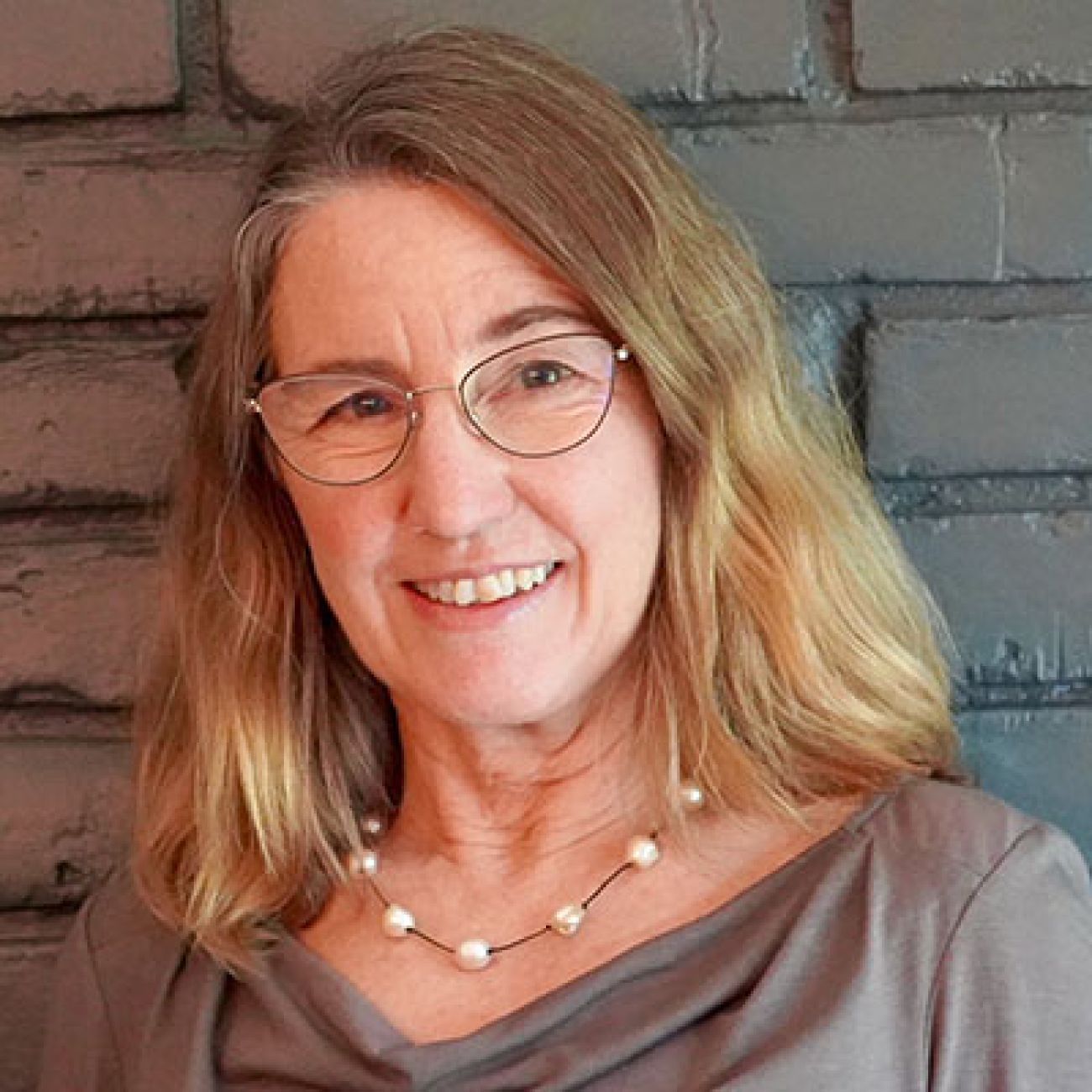Opinion | Wildfires and extreme heat burning ever closer to Michigan
The wildfires impacting air quality in Michigan are a stark reminder that what burns in other states and countries doesn’t just stay there — it can affect the health and safety of Michiganders. For this reason, we need to act faster to implement policies that put the brakes on climate change and its harmful impacts here in Michigan and beyond.

Extreme heat and fires have been in the news a lot lately — and this time, we’re feeling the pain here in the Great Lakes state. Burning forests in neighboring Canada made air quality in Michigan among the world’s worst on June 7, and again on Tuesday. Days before the earlier incident, sparks turned the tinderbox of bone-dry woods near Grayling into an inferno, and thousands of acres of northern Michigan woods remained at extreme risk even after the blaze was contained. And a week before that, Detroit and Grand Rapids schools closed because of extreme heat, sending more than 61,000 students home for their health and safety.
Without meaningful action now, extreme conditions will rapidly become a feature, not a bug, in Michigan’s climate landscape. Fires need what climate scientists call fire weather, when everything is hot and dry. The wildfires affecting Michigan and large swathes of the U.S. northeast started after record hot and dry conditions in Quebec in late spring.
Earlier this spring, forest fires in western Canada sparked after similar hot and dry conditions there. While hot and dry conditions typically occur in summer and early fall, climate change is expanding the fire weather season. The hot and dry conditions we’re now seeing in May and into June are unusual. In a warming world, they will become much more common.
As a climate scientist, I know that these warming trends will worsen — unless we act.
In Michigan, we will likely see longer periods between rainfall, increasing the risk of summer droughts and creating the hot and dry conditions for fire weather. In a warming world, these dangers will only increase.
Currently, about 1 million Michigan households, or around 1 in 4, are in the danger zone for wildfires, an area known as the wildland-urban interface where exposure to fires is most acute.
Meanwhile, air quality has reached record adverse levels in many places across the United States. In Michigan, the Canadian wildfires prompted the National Weather Service to issue an air quality alert for much of the Lower Peninsula, affecting millions of Michiganders. New York City, Syracuse, New York and parts of Pennsylvania saw record levels of bad air quality. No place is safe from extreme heat and the widespread risks of wildfires, once confined mostly to the western United States.
Scientists and medical experts are also concerned about pollution from wildfires, especially tiny airborne particles, that come from fires and fossil fuel use. Exposure to high particle concentrations for 24 hours or more can lead to bronchitis, asthma, respiratory diseases and even early death.
A 2015 study blamed particulate matter from pollution for higher incidence of lung cancer. A Wayne State University study found that even so-called acceptable levels of airborne particulate matter increase the risk of heart diseases and strokes.
Wildfires and extreme heat conditions endanger Michiganders’ health and property. To slow and reverse these warming trends, we must reduce and ultimately end using fossil fuels that emit carbon dioxide and other greenhouse gasses, which have contributed to a 1.2 degrees C (2.2 degrees F) increase in global temperature since 1880.
To prevent further warming, Michigan’s elected leaders need to lean into greater use of clean renewable energy, which doesn’t release greenhouse gasses. They must pass the Clean Energy Future Plan introduced in the state Senate in April to create a 100 percent carbon-free electricity standard by 2035. Michigan’s policymakers should also expand policies that conserve energy because energy savings mean less pollution in our air and water and more savings for families.
There is also a role for the federal government. The Environmental Protection Agency recently proposed new rules that would reduce carbon pollution from power plants across the country. Michigan can directly benefit from these rules, reducing dangerous pollution from coal-fired power plants, like the DTE plant in Monroe, and growing Michigan’s clean energy economy.
The clock is ticking.
To borrow the title of American author James Baldwin’s book, the fire next time will come sooner than we think, with far more devastating consequences, unless we act now.
See what new members are saying about why they donated to Bridge Michigan:
- “In order for this information to be accurate and unbiased it must be underwritten by its readers, not by special interests.” - Larry S.
- “Not many other media sources report on the topics Bridge does.” - Susan B.
- “Your journalism is outstanding and rare these days.” - Mark S.
If you want to ensure the future of nonpartisan, nonprofit Michigan journalism, please become a member today. You, too, will be asked why you donated and maybe we'll feature your quote next time!




